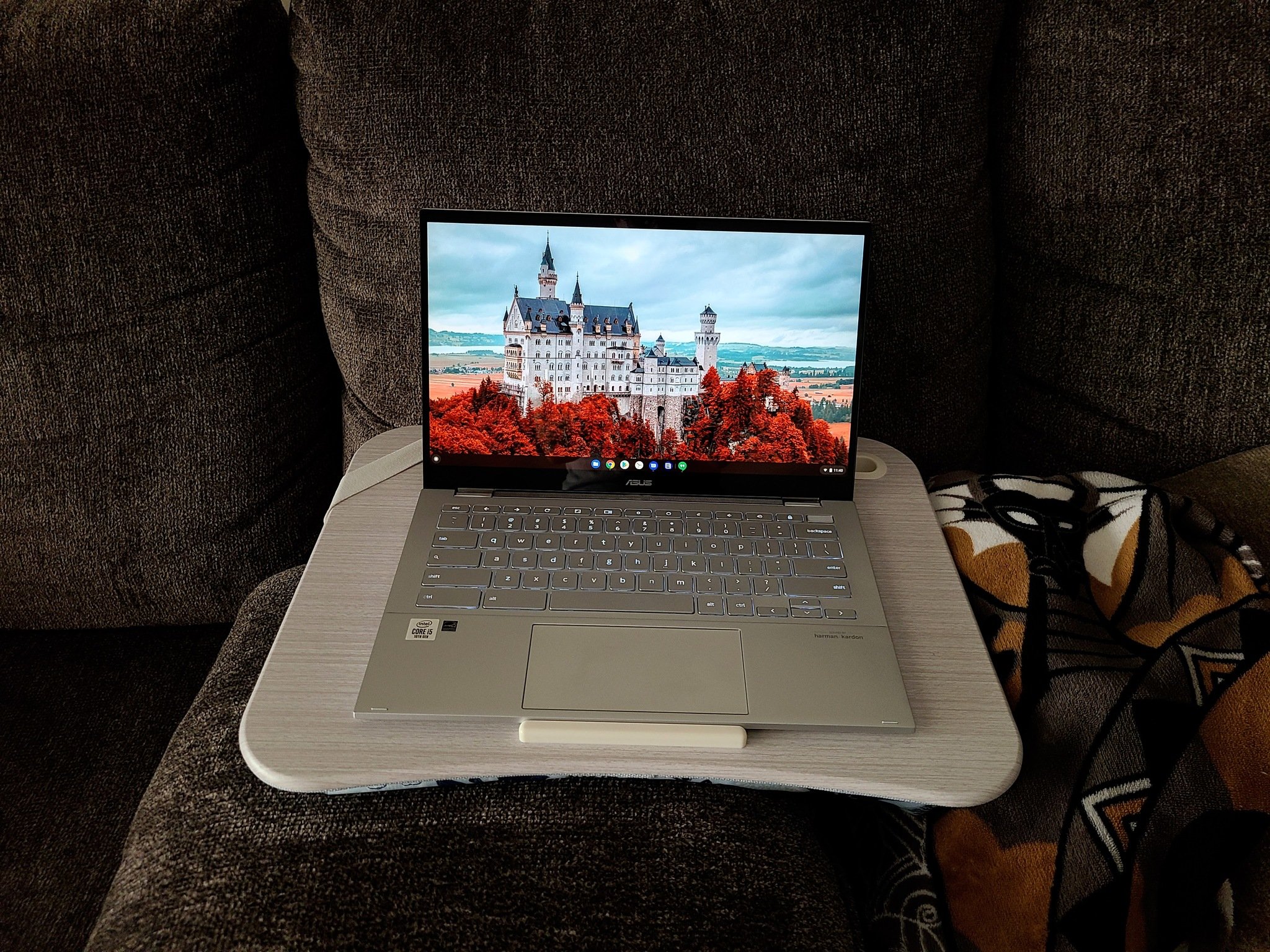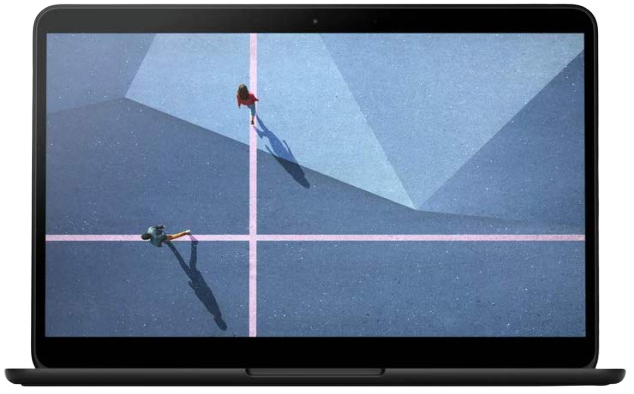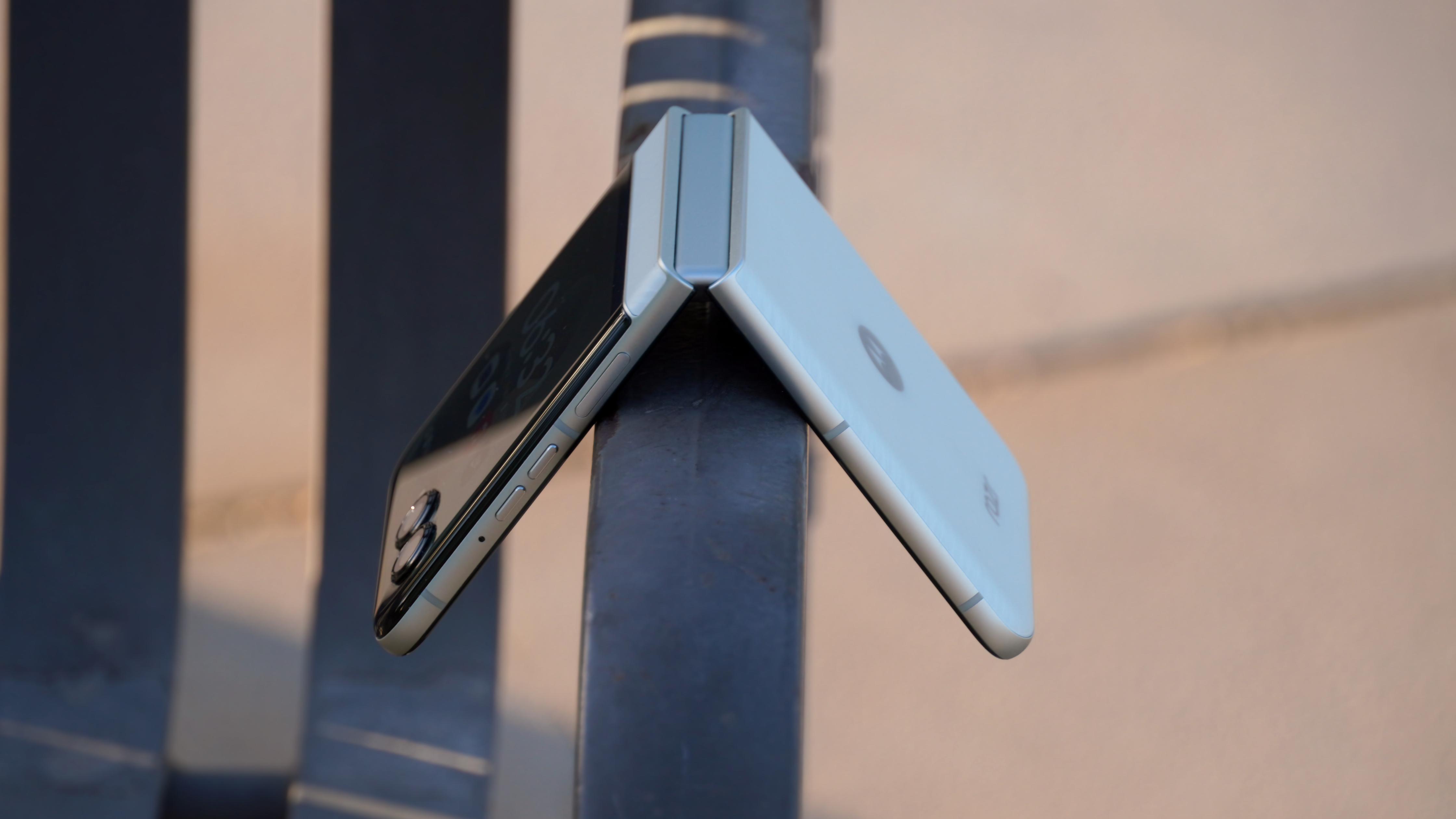You can now run Windows apps on even more Chromebooks with Parallels

What you need to know
- Parallels today announced support for additional Chrome OS processors.
- Now, you can run Parallels on as many as 21 Chrome OS devices, including Chromebooks and Chromeboxes.
- The company also improved support for crucial apps such as Zoom and Webex.
Parallels Desktop for Chrome OS continues to improve, with a new rollout today including support for more processors and devices. The service now supports AMD Ryzen 5 and Ryzen 7 chips, which means even more new Chromebooks are supported. Alongside a selection of AMD devices, Parallels now supports 9 new Intel Chromebooks and Chromeboxes for a total of 12 new Chrome OS devices.
Here's the list of newly supported Chromebooks:
- HP Pro c645 Chromebook, AMD
- Lenovo ThinkPad C13 Yoga Chromebook, AMD
- Acer Chromebook Spin 514, AMD
- Acer Chromebook 714, Intel
- Acer Chromebook 715, Intel
- Acer Chromebox CXI4, Intel
- Dell Latitude 5300 2-in-1 Chromebook, Intel
- Dell Latitude 5400 Chromebook, Intel
- Dell Latitude 7410 Chromebook, Intel
- ASUS Chromebook Flip CM5, Intel
- ASUS Fanless Chromebox, Intel
- ASUS Chromebox 4, Intel
The company has also rebranded its offering as Parallels Desktop for Chrome OS from Parallels Desktop for Chromebook Enterprise as it now targets users in the education markets as well. Today's release also comes with camera and microphone redirection as well as USB support so students and workers can make use of apps like GoToMeeting and use Flash Drives and Smart Cards when in the Windows environment. The company also highlighted advanced Zoom features that could only be found in the Windows desktop app as another app that would benefit from this release.
Shannon Kalvar, IDC Research Manager, said:
Chromebooks have made substantial market gains in recent years, especially in the education market, As they become more prevalent in the broader market, Chromebooks will increasingly need to offer the functionality and capabilities embedded in full-featured Windows applications, an ability most simply offered by application and desktop virtualization. This is especially true in the broader commercial market, where both legacy and new Windows applications enable a wide range of business activities.
Chromebooks went from an operating system that offered nothing but the web, to one with integration with Android apps, Linux apps, and now Windows apps. You don't need to use any of them on your Chromebook to get the best out of the operating system — the web is powerful enough already — they do offer flexibility and options, something any desktop operating system needs.

Pixelbook Go
The Pixelbook Go may be aging, but it runs Windows, Android, and Linux apps. With an excellent design and a slick keyboard, it's still a powerful, well-built machine that has won praise since its release. The higher-end models may be a bit expensive, but buying one at its starting price will give you a good Chrome OS experience in any case.
Get the latest news from Android Central, your trusted companion in the world of Android

